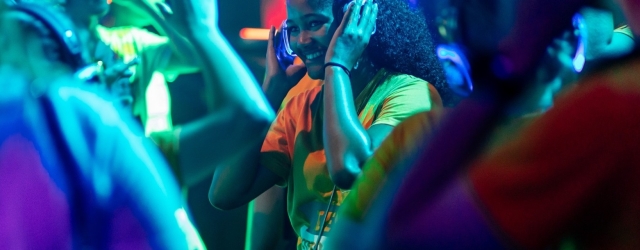
Alcohol consumption
Short- and long-term risks of alcohol
Alcohol reaches the brain through the blood. When you drink alcohol, you feel the effect after about 10 minutes. If you have eaten well, it takes a bit longer for the alcohol to be absorbed. Consuming excessive amounts of alcohol puts you at risk in the short term. This may include symptoms like vomiting, experiencing a blackout, and suffering from a hangover. Over the long term, heavy drinking can lead to various diseases and damage to multiple organs. The day after heavy alcohol consumption, memory function is impaired compared to normal. IParticularly, long-term memory is affected more severely during a hangover. Drinking an average of three alcoholic drinks per day (or 25 drinks or more a week) can eventually cause brain damage. Cognitive functions such as critical thinking, analytical thinking, and flexibility decline over time. Prolonged excessive drinking can cause a gradual shrinking of the brain (alcoholics may experience a shrinkage of 10-15%).
You sleep well?
It's often wrongly assumed that drinking alcohol is good for your sleep. While alcohol can make it easier to fall asleep, the quality of sleep is actually reduced. Alcohol affects REM sleep, disrupting dreams and causing you to wake up less refreshed.
Self-learning module
With your Fontys account, you can make free use of online self-help modules (e-health). Check out the modules related to addiction below.
Alcohol
Do you have doubts about your alcohol usage? Do you want to get better at coping with temptation or social pressure? This is the right module for you! It contains useful tips and exercises that will give you more control over your alcohol usage and keep your drinking fun and responsible.
Go to the self-learning module
